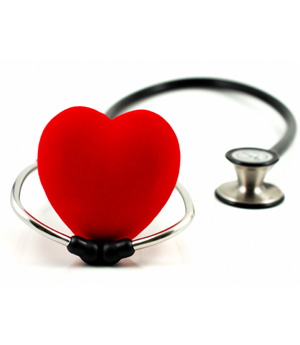 Washington, Feb 24: A new study has revealed that there are some significant differences between men's and women's hearts, and these differences may put women at a much higher risk for heart woes than their male counterparts.
Washington, Feb 24: A new study has revealed that there are some significant differences between men's and women's hearts, and these differences may put women at a much higher risk for heart woes than their male counterparts.
The research by Dr. Janine Austin Clayton, director of the Office of Research on Women's Health at the National Institutes of Health, revealed a dangerous difference in the symptoms men and women experience during a heart.
The hallmark chest painis more likely to be felt by men than women, and the latter may experience less obvious symptoms like trouble sleeping, nausea, indigestion, fatigue and jaw pain.
The study showed that men and women have substantive, clinically important differences in their bodies in all of health, from how their organs are structured to how they function.
One major difference is how the blood vessels of women with heart disease look compared to those of men.
Coronary heart disease is caused by plaque- made by cholesterol, fat and other substances- building up in the arteries that supply oxygen-rich blood to the heart muscle.
Clayton explained that in women, this buildup lines the walls of the blood vessels evenly- like the inside of a straw getting more narrow because the wall is thickening.
However, in men, this plaque buildup can be more concentrated in one area, as if a section of the straw is pinched.
The study was published in the journal of the American Medical Association.





Comments
Add new comment